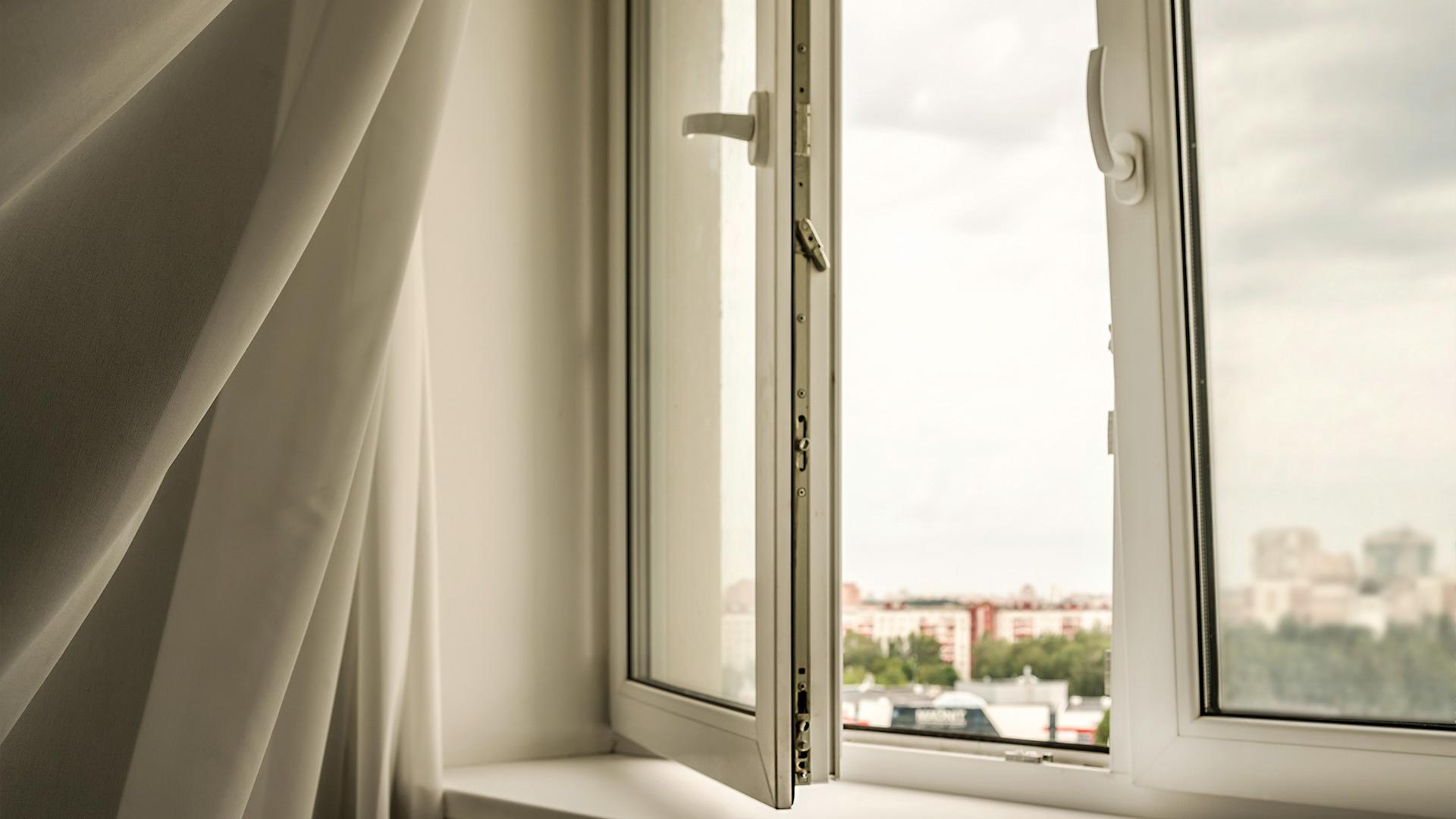
Climate & energy
Maximising your electric car's lifespan
What can you do to ensure that the batterie continues to work perfectly for many years to come?
navigation

Climate & energy
The mercury is rising. Keeping cool is therefore the order of the day. These nine tips will help you to keep yourself and your flat pleasantly cool without resorting to power-guzzling appliances.
Any rugs in your flat will retain heat. You should therefore roll them up and store them in your cellar or attic. You should also put away any blankets until the autumn.
Electrical appliances like computers and TVs generate heat and warm their surroundings whenever they are switched on, including in standby mode. So give your appliances a chance to cool down by at least turning them off completely during the night and when you're out.
While airing your flat, you can spray your curtains with a little water. Combined with the wind, this will produce an effect that feels as if you had turned on an air conditioning unit. You can also hang damp laundry in your flat. As the moisture evaporates from your clothes, this will cool the air. However, this is only recommended in dry heat. Too much moisture can lead to mould forming on your walls.
Precisely when you air your flat is crucial: temperatures are at their lowest in the early hours of the morning. Cross-ventilation is the best way to cool. This can be achieved by opening windows and doors at opposite ends of your flat. If possible, also open your front door. When doing so, don't forget to open your cupboard doors, where heat also accumulates.
Plants release water through evaporation and thus cool the surrounding room. They also "clean" the air by filtering out pollutants and releasing oxygen. Plants with large leaves, such as the monstera or bird of paradise plant, are suitable for maximising the effect.
Linen breathes more than cotton, for example, and has a cooling effect. In hot weather, this can cause a temperature difference of up to 4 degrees Celsius between your body and the linen compared to the ambient air. Linen is good at absorbing moisture, subsequently releasing it quickly into the surrounding air. This is why we sweat less under linen bedsheets. Maybe you can forego your duvet altogether on especially hot nights, and replace it with a thin sheet.
A cooling shower does the trick. But don't go overboard with cold water: if you take a very cold shower, your blood vessels will contract and your sweat pores close. However, your body will want to warm up again and must open your pores to do so. This is a taxing process that warms the body. Lukewarm water is ideal - and also the best temperature for drinking. That's because refreshing yourself by drinking ice-cold water makes you sweat less. However, sweating is precisely what we need to do to lower our body temperature. By contrast, placing damp cloths on your neck and wrists provides relief. To help you sleep, you can fill a hot-water bottle with cold water.
When the weather's hot, we usually prefer lighter cold meals anyway. It's also practical if you needn't turn on your oven or stove in the first place, since these not only warm up our food, but also noticeably increase the temperature in your home.
This trick may be well-known, but it also has the greatest impact: close your windows and shutters during the day. The important thing here is to protect your windows from direct sunlight from the outside, otherwise the glass will warm up and radiate heat into your flat. If you have a skylight, you can try to cover it with aluminium foil from the outside. This will act as a blocker. Do you have house plants? If so, they should ideally be placed in an east-facing room with the window closed, though without obscuring the light.
Published 12.7.2023, revised 12.8.2024
You thereby save electricity as well as energy and help to protect the climate.